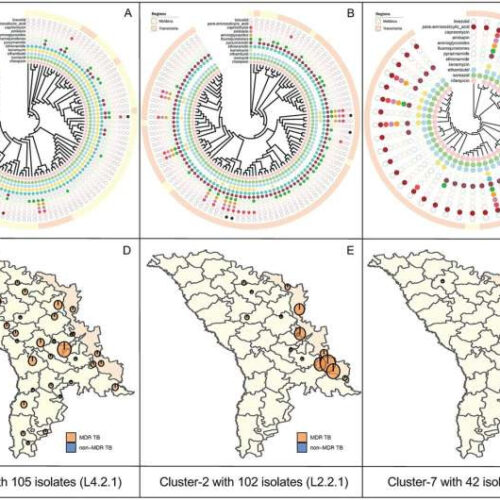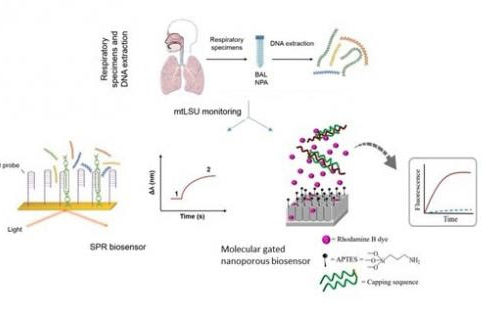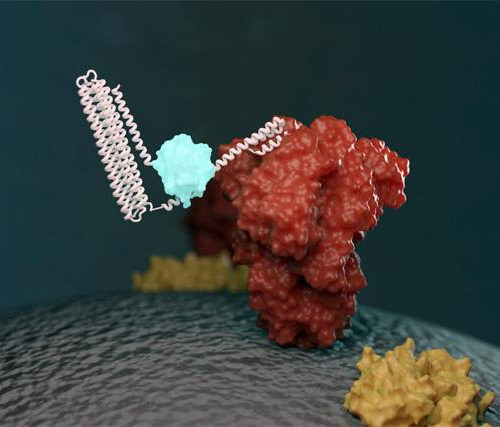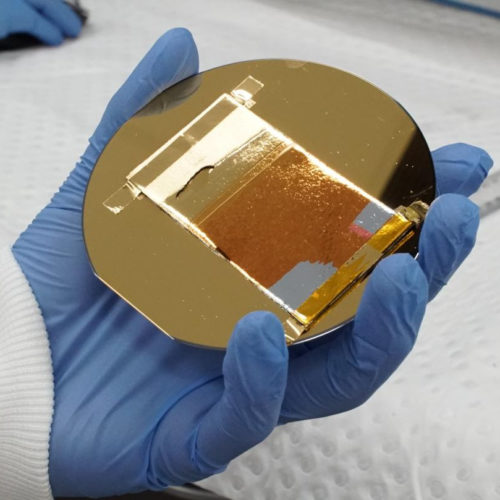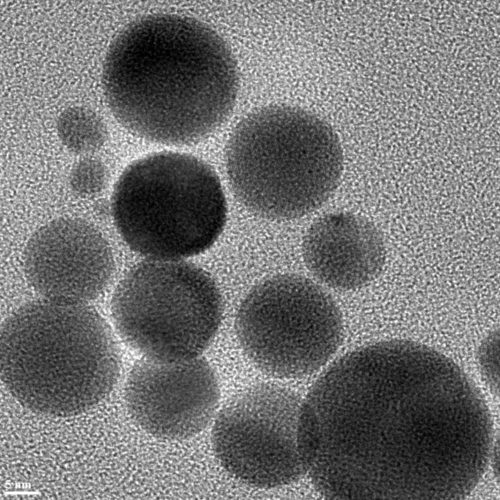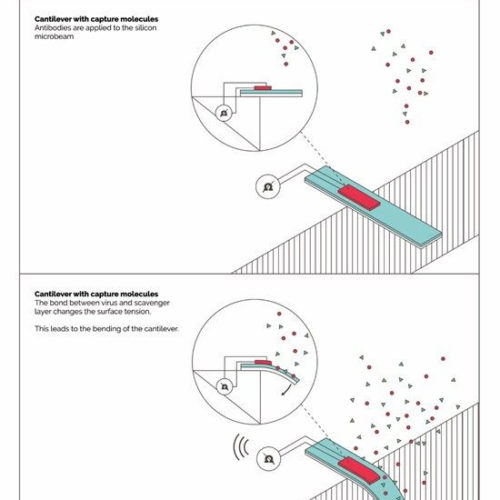by Georgia Institute of Technology Sensing T cell killing of tumor cells by antibody–GzmB sensor conjugates. Credit: Nature Biomedical Engineering (2022). DOI: 10.1038/s41551-022-00852-y Immune checkpoint blockade (ICB) inhibitors have transformed the treatment of cancer and have become the frontline therapy for a broad range of malignancies. It’s because they work better than the previous standard of care....
Tag: <span>biosensors</span>
Biosensors to detect P. jirovecii, responsible for Pneumocystis pneumonia
UNIVERSITY OF SEVILLE IMAGE: BIOSENSORS TO DETECT P. JIROVECII CREDIT: INSTITUTO DE BIOMEDICINA DE SEVILLA The group led by Dr. Enrique J. Calderón – “Clinical Epidemiology and Vascular Risk” at the Institute of Biomedicine of Seville – IBiS/University Hospitals Virgen del Rocío and Macarena/CSIC/University of Seville, also a member of CIBERESP, participated in a project...
New biosensors quickly detect coronavirus proteins and antibodies
UNIVERSITY OF WASHINGTON HEALTH SCIENCES/UW MEDICINE IMAGE: AN ILLUSTRATION OF A NEW BIOSENSOR BINDING TO A TARGETED MOLECULE AND EMITTING LIGHT. THE CREATION OF THE BIOSENSOR WAS LED BY THE UW MEDICINE INSTITUTE FOR PROTEIN DESIGN. CREDIT: IAN HAYDON/UW MEDICINE INSTITUTE FOR PROTEIN DESIGN Scientists have created a new way to detect the proteins that...
Porous silicone paves the way for wearable biosensors that breathe
By Nick Lavars, September 15, 2020 Scientists have developed a new material that enables biosensors greater breathability, and say its potential isn’t limited to the wearables we use today Biosensors that can be worn on the skin promise some exciting possibilities, with the potential to non-invasively monitor everyday health, and even things like glucose or stress levels. Scientists at...
Pot of gold engineered to help with early disease detection
UNIVERSITY OF QUEENSLAND University of Queensland researchers have developed biosensors that use nanoengineered porous gold which more effectively detect early signs of disease, potentially improving patient outcomes. Most diagnostic methods use costly materials and are time-consuming and expensive to run, but PhD candidate Mostafa Masud and research supervisors Professor Yusuke Yamauchi and Dr MD Shahriar...
Charcoal a weapon to fight superoxide-induced disease, injury
Nanomaterials soak up radicals, could aid treatment of COVID-19 ARTIFICIAL ENZYMES MADE OF TREATED CHARCOAL, SEEN IN THIS ATOMIC FORCE MICROSCOPE IMAGE, COULD HAVE THE POWER TO CURTAIL DAMAGING LEVELS OF SUPEROXIDES. HOUSTON – (July 1, 2020) – Artificial enzymes made of treated charcoal could have the power to curtail damaging levels of superoxides, radical...
Digital Diagnostics AG: New 5 Minute Coronavirus Test Delivers Clear Results on Infection
A new type of sensor device from the German health technology company Digital Diagnostics AG can be used for immediate tests for the new SARS coronavirus. The SARS-CoV-2 MEMS 5 Minute Test(TM) is created as a pocket-size lab and can be used in four steps anywhere on-site by general practitioners, paramedics and nursing staff without...
Octopus-Inspired Wearable Biosensor Sticks to Wet and Dry Skin
SIAVASH PARKHIDEH Researchers from Daegu Gyeongbuk Institute of Science and Technology (DGIST) in South Korea have developed a new waterproof, wearable biosensor that can stick to the skin in a unique way. Their work, recently published in ACS Applied Materials and Interfaces, demonstrates the biosensor adheres to the skin in wet and dry conditions and...
Low-cost plastic sensors could monitor a range of health conditions
Date:June 22, 2018 Source:University of Cambridge Summary:An international team of researchers have developed a low-cost sensor made from semiconducting plastic that can be used to diagnose or monitor a wide range of health conditions, such as surgical complications or neurodegenerative diseases. A low-cost sensor made from semiconducting plastic could be used to diagnose or monitor...
Health-monitoring implants edge closer to common use
A vial containing the some of the biosensors Over the past few years, Profusa Inc has been developing tiny biosensors that get injected under the skin, and then provide the user with health information via their smartphone. The technology was recently approved for marketing in Europe, with US approval possibly following soon. Each sensor is...

